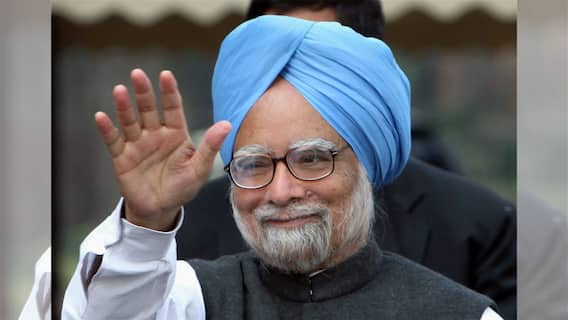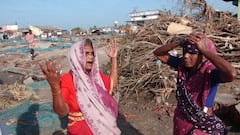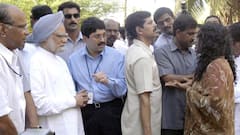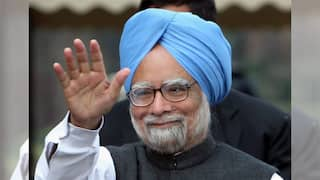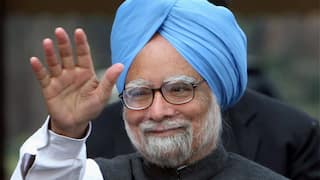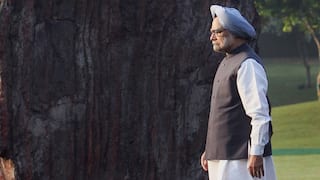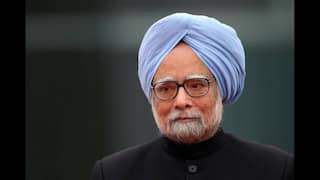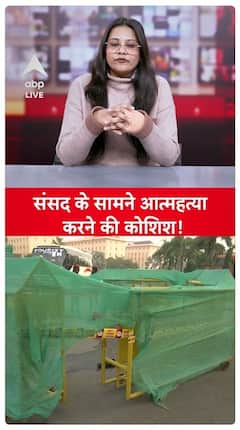UP Govt Suspends Production Licence Of Marion Biotech Over 'Cough Syrup Deaths' In Uzbekistan
A team of central agencies and the Uttar Pradesh drug department had carried out an inspection at the Noida office on December 29 and taken six more samples for testing.

New Delhi: The production licence of Noida-based pharmaceutical company Marion Biotech, allegedly linked with the deaths of children due to cough syrup in Uzbekistan, has been suspended, new agency PTI reported. However, the results of its cough syrup are awaited.
The World Health Organisation (WHO) also issued a medical product alert on Ambronol and Dok-1 Max syrups, both manufactured by Marion Biotech.
According to the report, a team of central agencies and the Uttar Pradesh drug department had conducted an inspection at the Noida office on December 29 and taken six more samples for testing.
During the inspection, the firm could not produce documents related to the production of 'Dok-1 max' cough syrup, following which the government ordered to halt its production immediately, Gautam Buddh Nagar Drug Inspector Vaibhav Babbar said.
"The production licence of the firm remains suspended, as was ordered on December 29. Now the suspension order has been issued in writing to the firm on January 10 and has been acknowledged by the firm," PTI quoted Babbar as saying.
He further said that the company did not sell 'Dok-1 Max' and Ambronol in India and its only export has been to Uzbekistan. Babbar added that the company exported around 1 lakh Dok-1 Max syrups in 45 days.
Meanwhile, on Wednesday, WHO issued a 'medical product alert', referring to two substandard (contaminated) products, identified in Uzbekistan and reported to it on December 22, 2022.
As per WHO, substandard medical products are those that fail to meet quality standards and are "out of specification."
"The two products are AMBRONOL syrup and DOK-1Max syrup. The stated manufacturer of both products is MARION BIOTECH PVT. LTD, (Uttar Pradesh, India). To date, the stated manufacturer has not provided guarantees to WHO on the safety and quality of these products," the WHO stated.
"Laboratory analysis of samples of both products, undertaken by national quality control laboratories of the Ministry of Health of the Republic of Uzbekistan found both products contained unacceptable amounts of diethylene glycol and/or ethylene glycol as contaminants," the global health body added.
"The substandard products referenced in this alert are unsafe and their use, especially in children, may result in serious injury or death. Toxic effects can include abdominal pain, vomiting, diarrhoea, inability to pass urine, headache, altered mental state and acute kidney injury which may lead to death," WHO said.
The WHO also noted that both of these products "may have marketing authorizations" in other countries. "They may also have been distributed, through informal markets, to other countries or regions."
Trending News
Top Headlines





